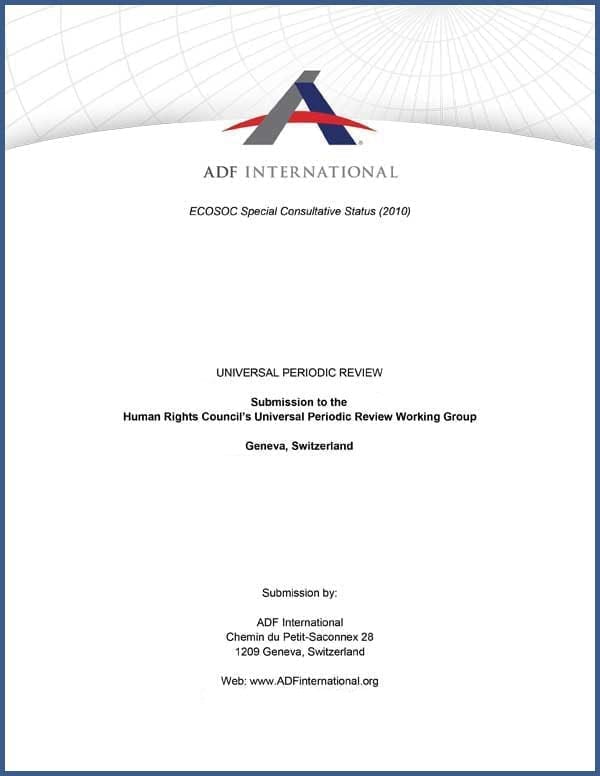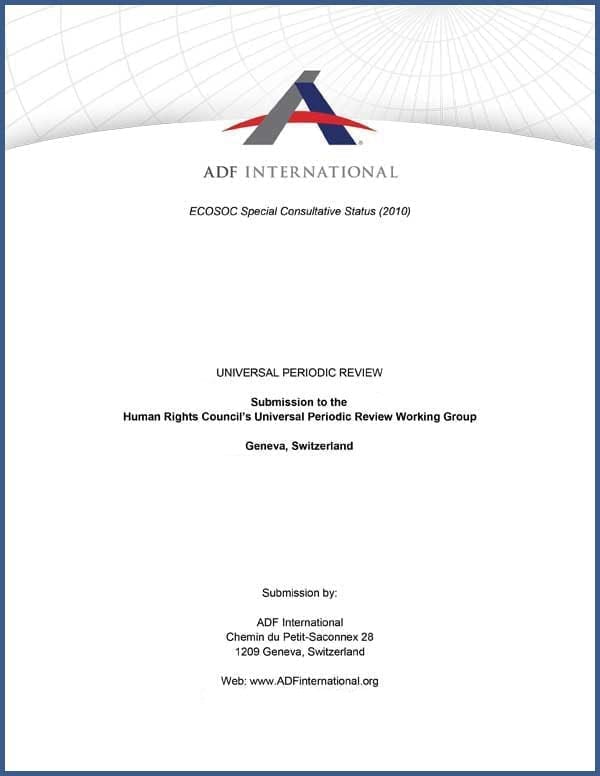ADF International is a faith-based legal advocacy organization that protects
fundamental freedoms and promotes the inherent dignity of all people before national
and international institutions. As well as having ECOSOC consultative status with the
United Nations (registered name “Alliance Defending Freedom”), ADF International
has accreditation with the Organization of American States, the European
Commission and Parliament, and is a participant in the FRA Fundamental Rights
Platform.
This report highlights evidence of institutional discrimination and societal violence
against religious minorities in Georgia, and suggests recommendations relating, to inter
alia, to the protection of places of worship and the safeguarding of freedom of
movement for people of all religious groups and none.





